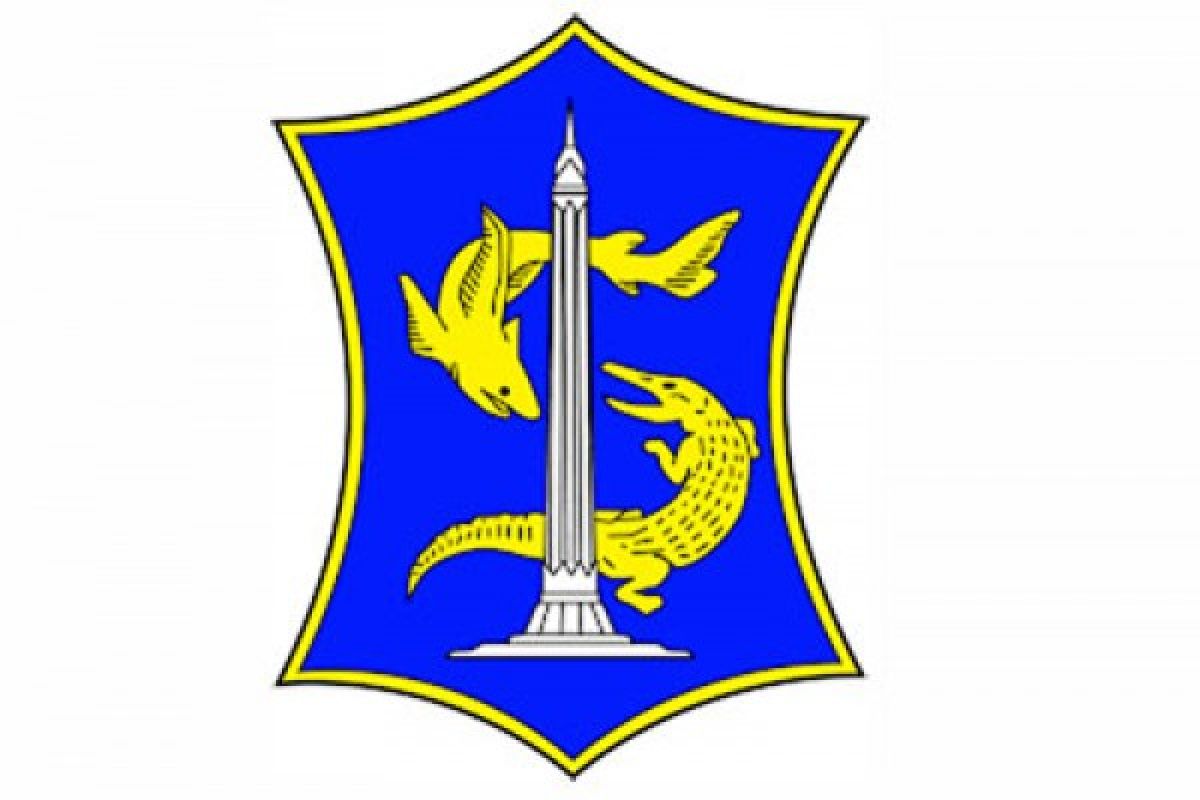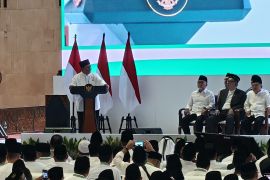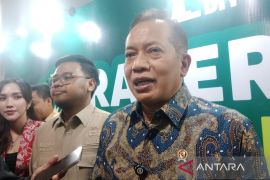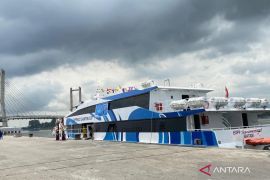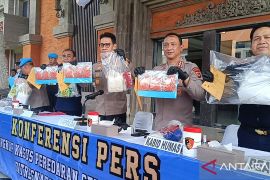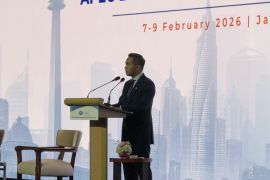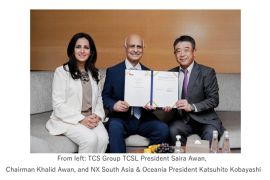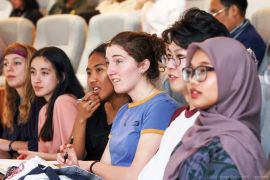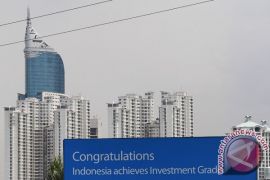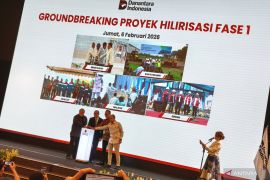"This may set an example to other countries," Director of Guangzhou Institute for Urban Innovation Nicholas You said at the United Cities and Local Governments Asia-Pacific (UCLG ASPAC) Congress held here on Friday.
As part of waste management, the Surabaya city government has adopted a system allowing city dwellers to use empty bottles to pay for double-decker bus fares, You said.
The waste management is based on a low-cost, financially sustainable business model, he added.
"Although the population is growing, the quantity of waste it produces has increasingly declined," he said.
In addition, the city government has also demonstrated a strong commitment to adopting the best practices and international technology to create a waste management, monitoring and reporting system in an economically sustainable way, he said.
"Surabaya city`s effectiveness, creativity and initiatives impressed the technical committee," he said.
Surabaya deserves the predicate of a sustainable city as reflected by its waste management system, he said.
Effective waste management requires reduced consumption, recycling and discipline, he said.
"This is the indicator of a change in behavior. This may be one of the most important materials to introducing a change in other sectors such as transportation and mobilization, energy, safety and nutrition," he said.
Surabaya is expected to compete with Brussels in Belgium, Dangbo Benin, Federal District in Brazil, Vaudreuil-Dorion and Vancouver in Canada, Guangzhou, Nanning and Hong Kong in China, Bogota and Curridabat in Colombia, Senftenberg in Germany, Isfahan in Iran, Eliat and Kfar Saba in Israel and Bologna Italy for the Guangzhou Award 2018.
Reporting by Abdul Hakim
Editing by Suharto
Reporter: Antara
Editor: Suharto
Copyright © ANTARA 2018
